Description
Rush – Exit Stage Left
Like New
Rush – Exit Stage Left
Like New
| Weight | 24 oz |
|---|---|
| Dimensions | 11.5 × 9.5 × 1 in |
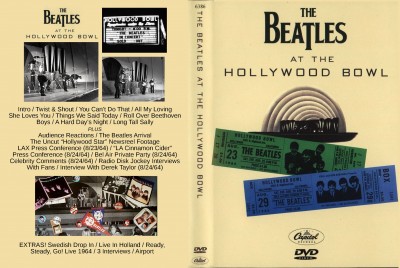
Beatlemania was exploding in America in August 1964 as the Fabs embarked on their first proper U.S. concert tour. This stop, in Los Angeles for their Hollywood Bowl performances, was filmed by newsreel companies, local TV stations and others and is one of the best documented concert stops on their 1964 US tour.
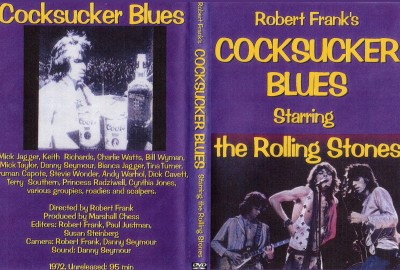
This fly-on-the-wall documentary follows the Rolling Stones on their 1972 North American Tour, their first return to the States since the tragedy at Altamont. Because of the free-form nature of filming, Cocksucker Blues captured band members and entourage members taking part in events the Rolling Stones preferred not to publicize. It can only legally be screened with director Robert Frank in attendance. The title of the film is the same of that of a Rolling Stones song (aka Schoolboy Blues), which was written to complete the band’s contractual obligations to Decca Records and specifically to be unreleasable.
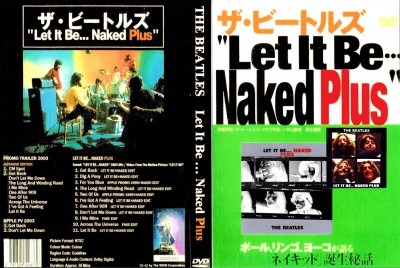
The album is an attempt to undo the work of producer Phil Spector, who remixed the 1970 Let It Be behind Paul McCartney’s back (though the other Beatles were complicit). Spector dubbed in kitschy strings, horns and female voices, while screaming, “I must have more echo! I must have more reverb!” according to engineer Geoff Emerick, who was in the studio on Apr. 1, 1970. Emerick says Spector butchered “The Long and Winding Road,” reducing the Beatles’ performance down to one or two tracks to make room for five or six tracks of orchestra and choir overdubs. Spector actually erased one of McCartney’s vocals forever. “I hope Paul likes this,” Emerick recalled Spector saying, “because I’ve changed the chords.” McCartney, shocked and enraged, called Spector’s work “crap” and the Let It Be experience “the worst time of my life.”
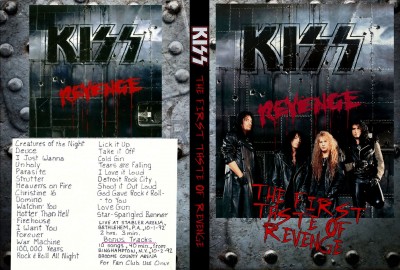
The Revenge Tour was a concert tour by Kiss supporting band’s album Revenge. It was the first tour with drummer Eric Singer, replacing Eric Carr who died of cancer on November 24, 1991. The Detroit, Indianapolis and Cleveland shows were recorded for Kiss’ first live album in 16 years, Alive III.
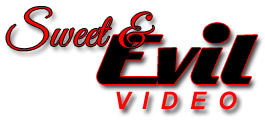
Reviews
There are no reviews yet.